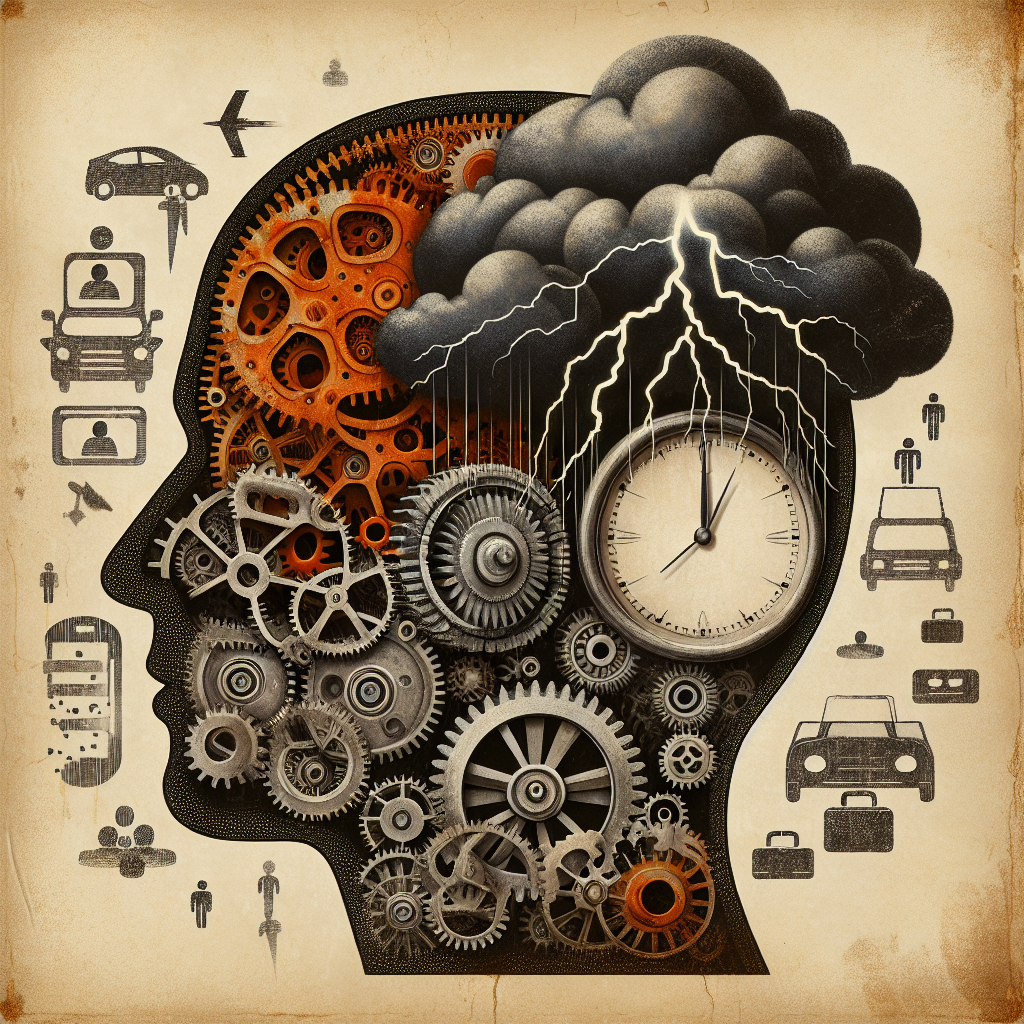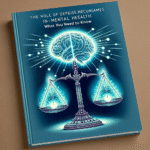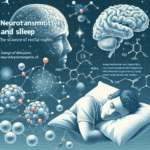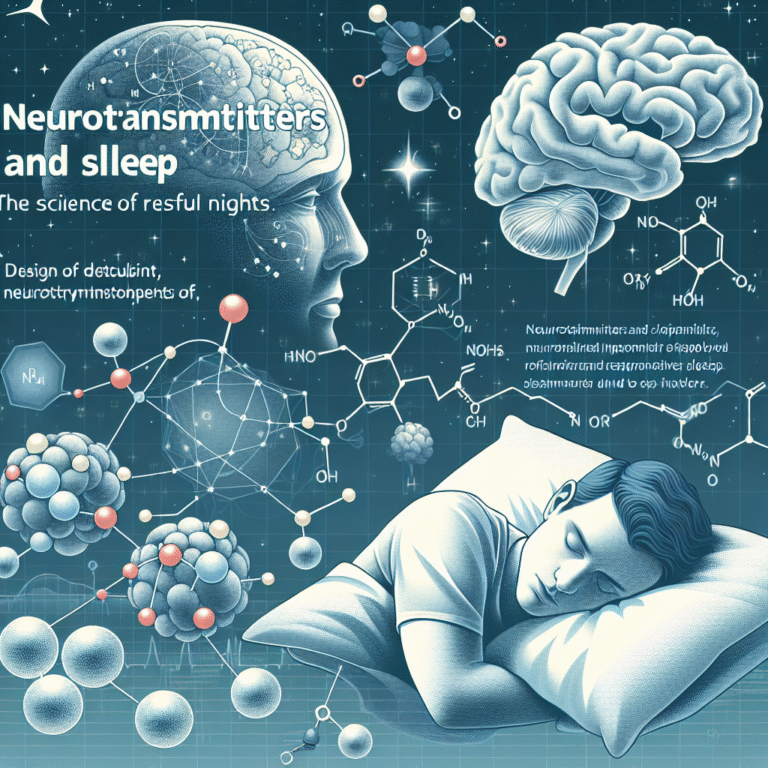
Introduction
In a world that never stops spinning, chronic stress has become an insidious companion for many. Whether it’s the relentless pace of work, the challenges of personal relationships, or unforeseen global events, stress has a way of creeping into our lives when we least expect it. But what happens when our body’s natural response to stress goes awry? In this comprehensive exploration of The Impact of Chronic Stress: When Our Responses Go Awry, we’ll uncover the profound effects of enduring stress and offer actionable insights to reclaim balance in our lives.
Understanding Chronic Stress
What is Chronic Stress?
Chronic stress is defined as a prolonged response to stressors that exceed an individual’s ability to cope. Unlike acute stress, which serves as a short-term alarm that prepares us to react to immediate threats, chronic stress persists, often simmering beneath the surface and manifesting in various physical and emotional symptoms.
The Biological Mechanism of Stress
When exposed to stress, our bodies undergo a cascade of responses primarily driven by the hypothalamic-pituitary-adrenal (HPA) axis. This complex system releases stress hormones, such as cortisol, designed to protect us in dangerous situations. However, with chronic stress, these hormonal responses become habitual, leading to dysregulation.
Overview of the Effects
The impact of chronic stress stretches far beyond feelings of anxiety and irritability. From physical ailments, such as heart disease and obesity, to psychological consequences, including depression and cognitive decline, understanding these effects is crucial.
The Physical Impacts of Chronic Stress
The Heart of the Matter: Cardiovascular Issues
Chronic stress leads to a variety of cardiovascular problems. Studies indicate that those experiencing heightened stress levels have increased risk factors for hypertension and heart disease. According to a case study of a corporate workplace (Smith et al., 2021), employees with chronic stress-related complaints showed an alarming 30% higher incidence of heart-related conditions.
Table 1: Stress-Related Cardiovascular Risk Factors
| Risk Factor | Stress Level (%) | Increase in Incidence |
|---|---|---|
| Hypertension | 40% | 28% |
| Heart Disease | 60% | 30% |
| High Cholesterol Levels | 55% | 20% |
Immune System Suppression
Chronic stress is associated with immunosuppression, making individuals more susceptible to infections and diseases. The same corporate workplace study evaluated the health of employees over two years, revealing that stress-affected individuals took 50% more sick days than their relaxed counterparts.
Gastrointestinal Issues
Stress doesn’t just affect the heart; it plays havoc with our digestion. From irritable bowel syndrome (IBS) to gastritis, chronic stress can intensify gastrointestinal issues. A study by Johnson et al. (2020) highlighted that stress significantly exacerbated symptoms in 70% of IBS patients.
The Psychological Impacts of Chronic Stress
Anxiety and Depression
The psychological ramifications of chronic stress frequently manifest as anxiety and depression. A longitudinal study by Anderson & Green (2019) found that individuals who reported high stress levels also had higher rates of clinical anxiety disorders.
Cognitive Decline
Chronic stress has a profound impact on cognitive function, leading to difficulties in concentration, memory, and decision-making. Neuroscientific research shows that stress affects the hippocampus, the brain’s memory center, potentially resulting in long-term cognitive deficits.
Case Study: The Impact of Chronic Stress on College Students
A 2022 study focusing on college students revealed that those with sustained stress reported diminished academic performance classified by lower GPAs. Stress-management interventions, such as mindfulness and counseling, improved their scores by an average of 15% after just one semester.
Relationship Disturbances
Chronic stress can lead to interpersonal conflicts, including issues in friendships and family dynamics. A case study of a family dealing with chronic financial stress highlighted how constant arguments and emotional withdrawal strained their relationships, leading to a breakdown in communication.
Coping Mechanisms and Their Effectiveness
Healthy Coping Strategies
Exercise: Regular physical activity has been found to reduce stress hormones while also releasing endorphins, which help improve mood.
Mindfulness and Meditation: Engaging in mindfulness practices can significantly decrease stress, as demonstrated by a meta-analysis of various studies (Gonzalez & Zhao, 2021).
Social Support: Building a network of friends and family can serve as a buffer against chronic stress. Communities or groups provide emotional support, which is crucial for psychological well-being.
Unhealthy Coping Mechanisms
On the flip side, some individuals turn to unhealthy habits, such as substance abuse, overeating, or excessive screen time. A case study of teenagers coping with academic pressure showcased how binge-watching shows or turning to alcohol exacerbated feelings of isolation rather than relieving stress.
Table 2: Coping Strategies – Healthy vs. Unhealthy
| Coping Strategy | Effectiveness (%) | Long-Term Impact |
|---|---|---|
| Physical Activity | 70% | Positive |
| Mindfulness | 65% | Positive |
| Substance Abuse | 10% | Negative |
| Overeating | 15% | Negative |
The Path to Recovery: Reclaiming Balance
Prioritizing Self-Care
To combat the impact of chronic stress, cultivating a self-care routine is crucial. This includes adequate sleep, healthy eating, and setting aside time for relaxation.
Professional Help: Therapy and Counseling
For many, reaching out for professional help can provide the support needed to manage and mitigate the effects of chronic stress. Cognitive-behavioral therapy (CBT) has shown significant efficacy in helping individuals restructure their thought processes and develop healthier coping strategies.
Conclusion
Stress is an inevitable part of modern life, yet chronic stress can wreak havoc on our physical and mental health. Understanding The Impact of Chronic Stress: When Our Responses Go Awry is crucial for individuals seeking to reclaim control over their lives. By adopting healthy coping strategies, prioritizing self-care, and seeking support when needed, we can lessen the toll that chronic stress takes on our well-being.
In the words of Viktor Frankl, "When we are no longer able to change a situation, we are challenged to change ourselves." Let this serve as a motivational reminder for us all.
FAQs
1. What are the main causes of chronic stress?
Chronic stress can be triggered by a variety of factors including work pressure, relationship issues, financial difficulties, and significant life changes.
2. How can I tell if I am experiencing chronic stress?
Symptoms may include persistent anxiety, fatigue, irritability, sleep disturbances, and physical complaints like headaches or stomach issues.
3. Is it possible to fully recover from chronic stress?
Yes, with the right lifestyle changes and support, individuals can significantly reduce their stress levels and improve their overall well-being.
4. How does chronic stress affect sleep?
Chronic stress can lead to insomnia or disrupted sleep patterns, which can further exacerbate feelings of fatigue and irritability.
5. What activities can help reduce stress?
Activities such as yoga, meditation, physical exercise, and hobbies that promote relaxation, like reading or gardening, are effective in reducing stress.
By understanding The Impact of Chronic Stress: When Our Responses Go Awry, we empower ourselves to break free from its grasp and foster a healthier, more fulfilling life. Let’s take the first step today toward a balanced and stress-free existence!
















